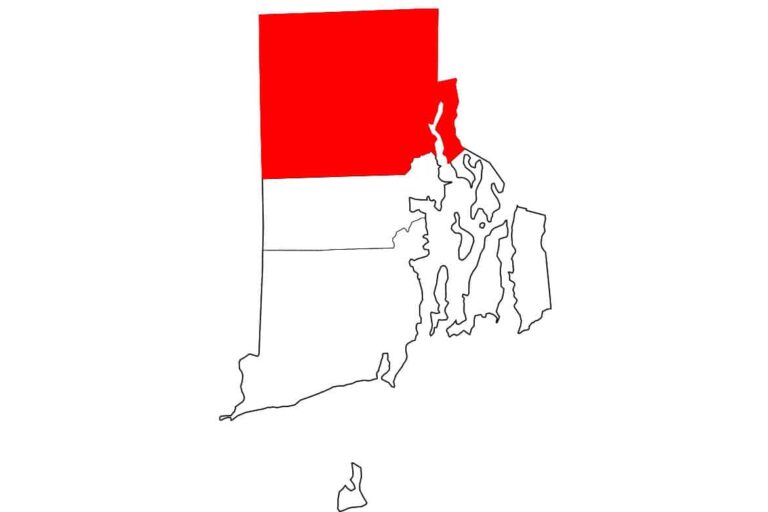
What happens if the quarterback of the immune system goes rogue?
In a study set to begin in June 2023, Ontario Veterinary College researcher Dr. Janet Beeler-Marfisi will look at macrophage responses to the agents that cause asthma in horses.
Studies on equine asthma have been ongoing for more than 40 years. However, we still don’t know why some horses are more prone to develop heaves when exposed to the same environmental factors as horses that do not get heaves. Much research has focused on lymphocytes (white blood cells that help the body fight viruses). However, Beeler’s study will look at macrophage responses, because they are the cells that “call the shots.”
Video link: https://youtu.be/vWvVCIOwJwU
“When the horse breathes in some dust, it’s a macrophage that tells the horse’s immune system whether it’s something they can safely ignore or something that they should respond to,” says Beeler. “To me, it makes sense to study the cells that call the shots, rather than those being told what to do (lymphocytes).”
Culprits of Equine Asthma
The culprits of asthma come in forms that are plentiful around the barn. These range from the endotoxins in manure to the dust in the hay they eat. Beeler says, “Even good quality hay will have some fungal spores or mold spores in it, and that has a role to play in the development or heaves in horses that are susceptible to it.”
Beeler’s study aims to find out if macrophages, the quarterbacks of the horse’s immune system, are behaving like they should when they encounter challenges to the horse’s respiratory system. Communications from the macrophage’s nucleus (the computer or brain of the cell) are sent through messenger RNA, which tells the rest of the cell (or factory) to make proteins (the product)—proinflammatory or anti-inflammatory proteins, for instance. This research seeks to reveal whether macrophages of heaves horses are the true culprit in the development of heaves.
Preventative Advice
Dr. Beeler said a predicted 100,000 of 700,000 of horses in Canada suffer from asthma. She followed with sage preventative advice:
- Purchase the best quality hay you can afford
- Steaming or soaking hay reduces the dusts that cause asthma
- Wet down the aisles before sweeping the barn and avoid sweeping dust into horse stalls
- Keep barns well ventilated—especially when the tendency is to close everything up for warmth
Funding for this project has been provided by Equine Guelph.
About Equine Guelph
Equine Guelph supports a number of high-quality projects at the University of Guelph, by virtue of funding provided largely by the racing industry (Standardbred, Thoroughbred and Quarter horse organizations): the Horse Improvement Program from the Horsemen’s Benevolent and Protective Association, and the E.P. Taylor Foundation, started by veterinarians in the Thoroughbred industry, and now maintained in trust by the University and Equine Guelph.
For more preventative tips on equine asthma, check out Equine Guelph’s information sheet, Defend against Dust, and watch for the next online offerings of Respiratory Health on TheHorsePortal.ca and the 12-week offering of Management of the Equine Environment.








